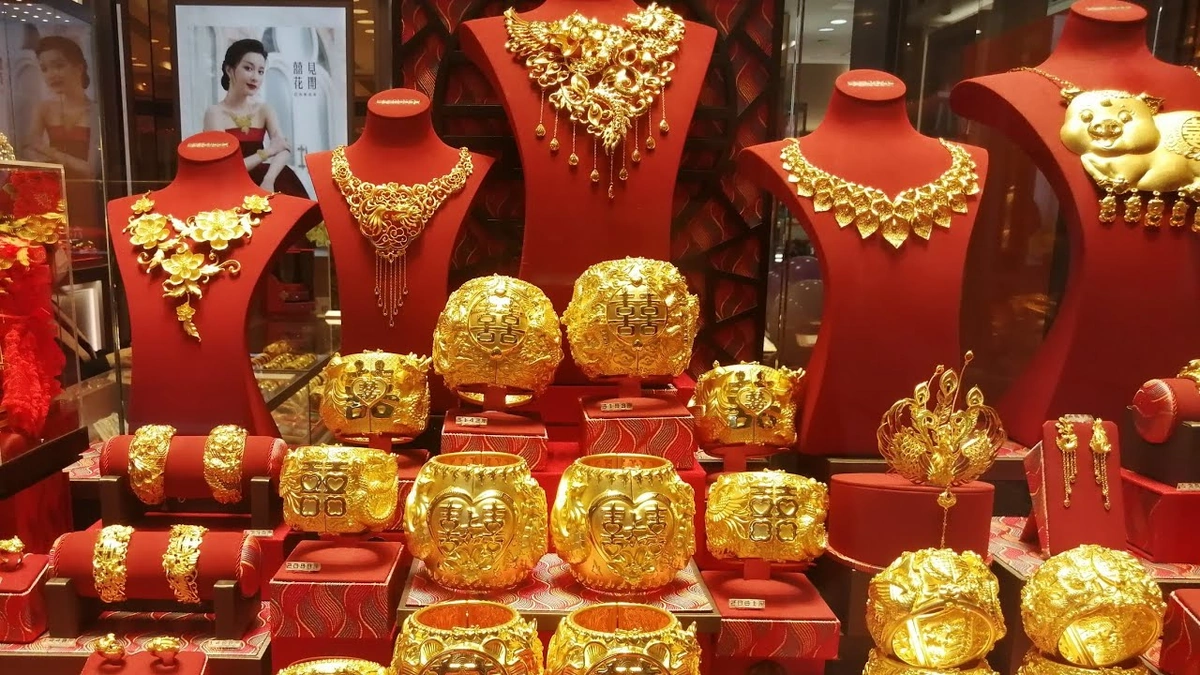China Restricts Rare Earth Exports Ahead of Xi-Trump Meeting
So, China’s playing hardball again, huh? The news that China is restricting rare earth minerals exports ahead of a potential meeting between Xi Jinping and Donald Trump isn’t just a headline – it’s a chess move with global implications. But here’s the thing: most news outlets are just telling you what happened. I’m here to tell you why it matters, especially if you’re sitting in India, trying to make sense of it all.
Let’s be honest, the average person in India might be thinking, “Rare earths? What are those, and why should I care?” Well, strap in, because these minerals are the unsung heroes of modern technology. They’re in your smartphone, your laptop, the electric vehicle you might be dreaming of buying, and even in defense systems. Basically, they’re everywhere. And China? China controls a massive chunk of the global supply. Let’s dive deeper.
Why Rare Earth Minerals Exports Matter to India

Here’s the thing. India, like many other countries, relies on these critical minerals for its own manufacturing and technological advancements. A disruption in the supply chain, especially one orchestrated by a major player like China, can send ripples throughout the Indian economy. I initially thought this was just about trade wars and tariffs, but then I realized it’s about something much bigger: strategic control.
The “why” boils down to a few key factors:
- Economic Impact: Reduced access to rare earth elements can increase costs for Indian manufacturers, making them less competitive globally. Think about the electronics industry, for example.
- Geopolitical Leverage: China’s dominance in this sector gives it significant leverage in international negotiations. It’s a bargaining chip, plain and simple.
- National Security: India’s defense sector also relies on these minerals. A restriction could potentially impact the production of crucial military equipment.
And, look, this isn’t some hypothetical scenario. We’ve seen China use its control over critical materials before, and the current situation is a stark reminder of the vulnerabilities in the global supply chain. A common mistake I see people make is underestimating how interconnected the global economy is.
Decoding China’s Strategic Move
So, why now? Why is China restricting rare earth oxides exports right before a potential meeting between Xi and Trump? It’s a power play, no doubt. It’s a way of saying, “We have something you need, and we’re not afraid to use it.” As per several trade analysts, these moves are carefully timed to maximize impact on trade negotiations.
But there’s more to it than just trade. China’s also likely trying to:
- Strengthen its domestic industry: By limiting exports, China can ensure that its own manufacturers have priority access to these resources, giving them a competitive edge.
- Diversify its economy: This restriction may be a part of China’s broader strategy to move away from being solely a manufacturing hub and towards higher-value industries.
- Send a message: To the U.S., to the world, that it’s a force to be reckoned with.
Let me rephrase that for clarity: this isn’t just about minerals; it’s about asserting dominance on the world stage. The world of geopolitics can be strange and https://gotrendingtoday.com/vms-tmt-grey-market-premium/ . The government is carefully deciding its next move.
India’s Response | What Can Be Done?
Okay, so what can India do? Simply wringing our hands won’t cut it. India needs a multi-pronged approach. The one thing you absolutely must understand is that this requires a mix of strategic planning, resourcefulness, and international collaboration.
Here are a few potential strategies:
- Diversifying Supply Chains: India needs to actively seek out alternative sources of rare earth minerals. This could involve forging partnerships with countries like Australia, which also has significant reserves.
- Investing in Domestic Mining: India has its own deposits of these minerals, but they haven’t been fully exploited. Investing in domestic mining and processing capabilities is crucial.
- Promoting Recycling: Extracting rare earths from electronic waste can reduce reliance on primary sources.
- Strategic Stockpiling: Creating a strategic reserve of these minerals can provide a buffer against supply disruptions.
According to a report by the Ministry of Mines, India is actively exploring options for securing its rare earth supply . As the wise say, “Necessity is the mother of invention.” And in this case, necessity might just spur India to become more self-reliant.
The other day, I was discussing this issue with a friend, and he pointed out that India also needs to invest in research and development to find substitutes for these minerals. He’s right – innovation is key. Let’s be honest: India has the talent and the potential to become a major player in the global rare earth metals market. It just needs the right policies and investments.
The Bigger Picture | A World Redefined
Ultimately, China’s restriction on rare earth mineral exports is a wake-up call. It’s a reminder that the world is changing, and that countries need to be prepared for a more competitive and uncertain future. This is where topics become extremely complicated https://gotrendingtoday.com/ppf-interest-rates/ .
This situation highlights the urgent need for India to strengthen its own capabilities and build a more resilient economy. It’s about more than just minerals; it’s about securing India’s future in a rapidly evolving world.
I initially thought this was straightforward, but then I realized it’s not just about economics or geopolitics. It’s about innovation, resilience, and the ability to adapt to change. India has faced challenges before, and it has always emerged stronger. This is just another opportunity to prove its mettle.
FAQ Section
Frequently Asked Questions
What exactly are “rare earth minerals”?
They’re a set of 17 metallic elements that have unique magnetic and conductive properties, essential for many modern technologies.
Why is China so dominant in this market?
China has large reserves of these minerals and has invested heavily in their extraction and processing.
What if India can’t secure its supply of rare earths?
It could hinder its manufacturing sector, slow down technological advancements, and impact national security.
Is there any environmental impact of mining rare earth minerals?
Yes, the mining process can be environmentally damaging, which is why sustainable practices are essential.
Are there any alternatives to rare earth minerals?
Researchers are exploring alternatives, but currently, they are difficult to replace in many applications.
What are rare earth permanent magnets?
They are high-performance magnets made from rare earth metals like neodymium and samarium, used in electric motors and wind turbines.
The restriction of rare earth minerals exports from China isn’t just about two countries; it’s about the future of technology, industry, and global power. And India? India needs to be ready to play its part. Time to step up!













